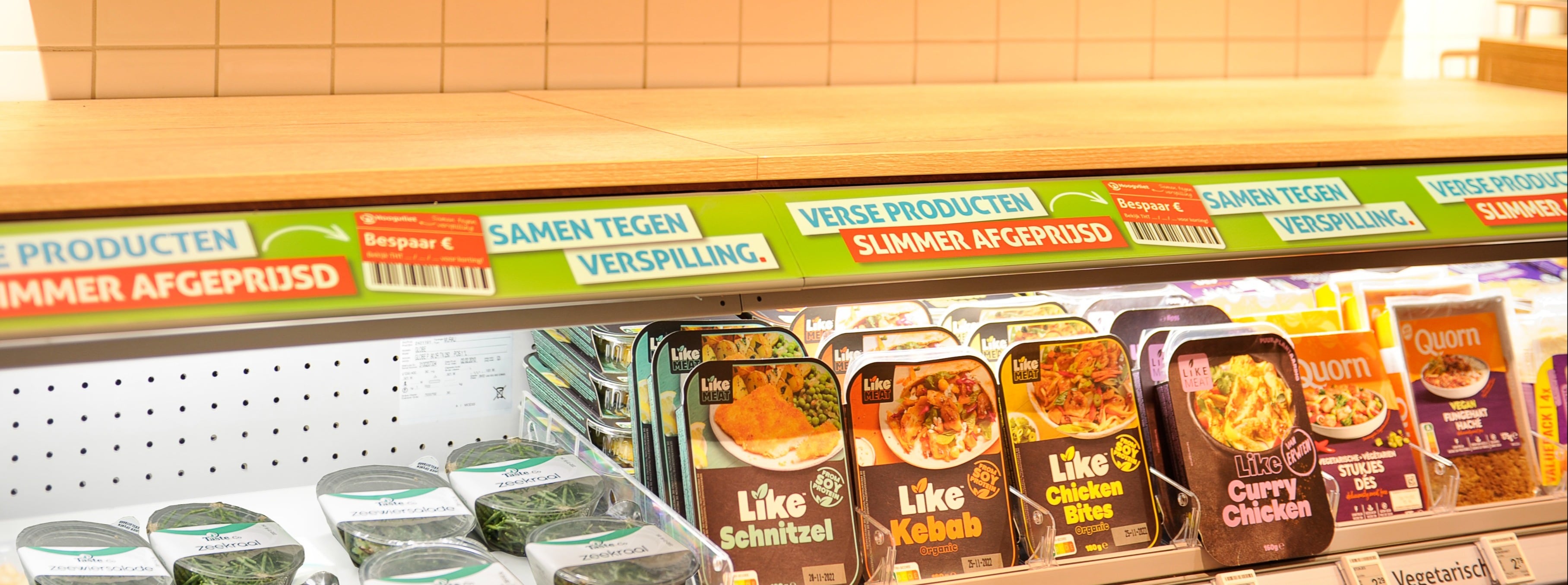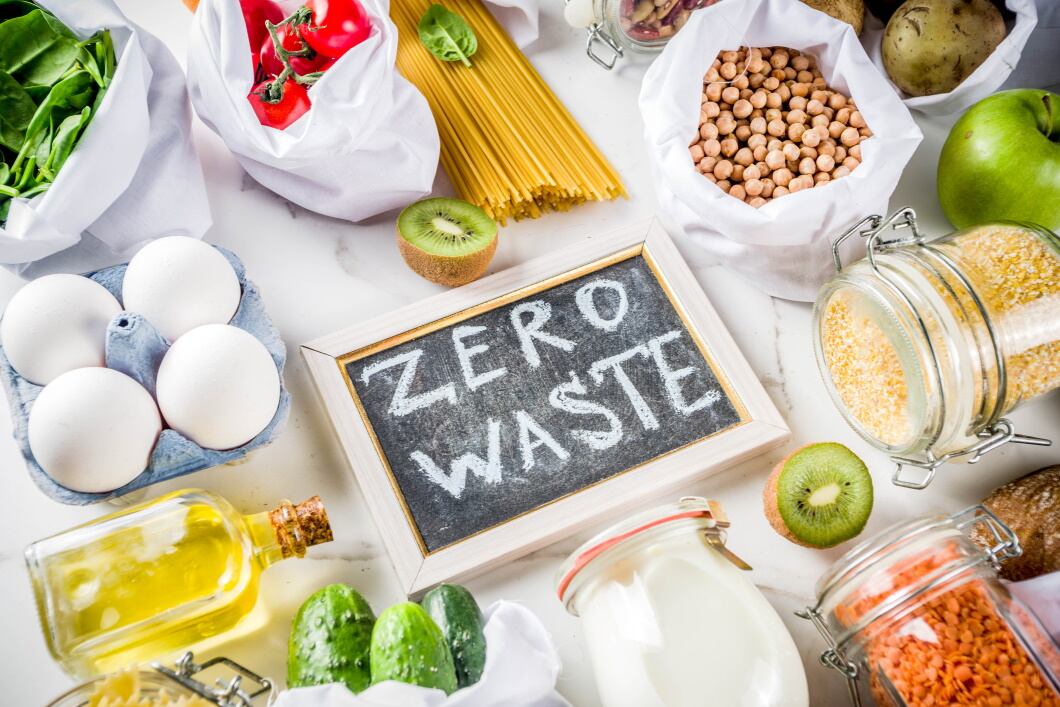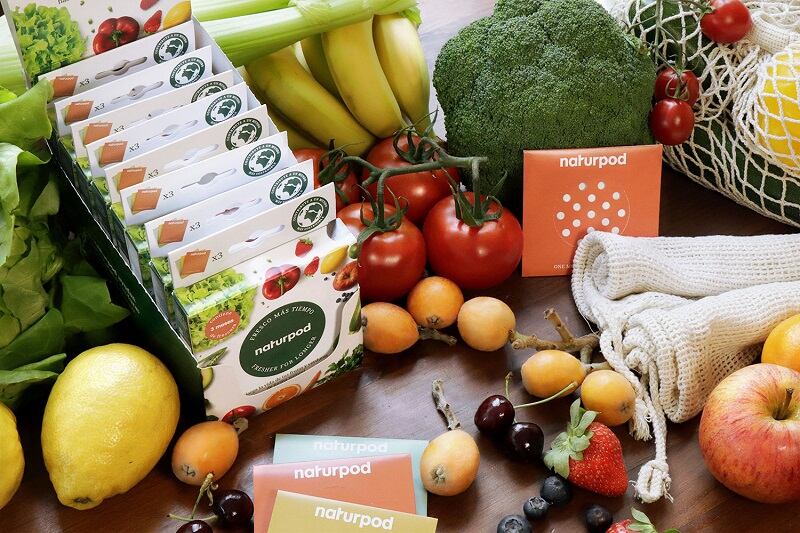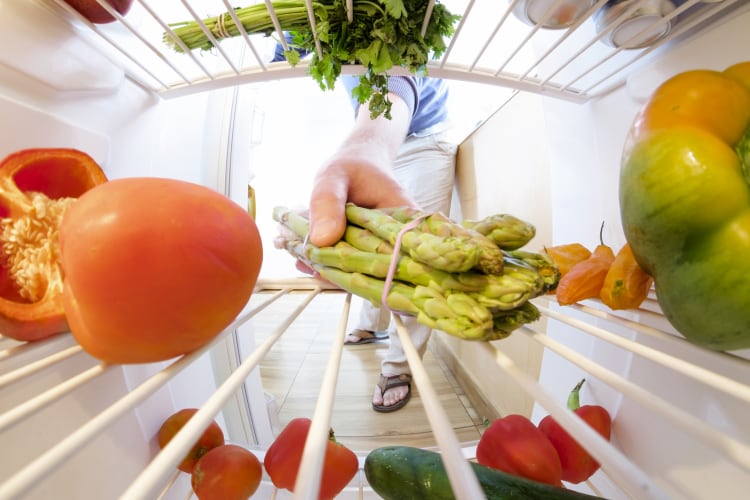Wasteless uses dynamic pricing to incentivise consumers to buy soon-to-expire products and thus help cut down on food waste. It comes as the recent COP15 biodiversity agreement deal struck in Montreal included a target to cut global food waste in half and ‘significantly reduce overconsumption and waste generation’. The COP27 Climate Conference held in November in Egypt also included a pledge to accelerate action to reduce food loss and waste worldwide.
Six percent of the European continent’s greenhouse gas emissions are a result of food waste, as the continent alone lets food costing €143 billion go to waste every year, according to the EU Food Loss and Waste Prevention Hub. Weighing in at 153 million tons of food, that’s equivalent to all its imports.
“The EU's supermarkets alone are responsible for nearly 7% of all food waste, leading to more than 15 million tons of greenhouse gas emissions,” said Oded Omer, Co-Founder and CEO of Wasteless. “By the time this waste occurs, all the energy and resources have already gone into the food. It’s the most costly waste we’re creating – indeed it’s costing each store up to 4% of their revenues."
Wasteless said that current approaches to food waste do little to address the causes of this waste nor do they offer a solution that impacts business and consumer behaviour on a sufficient scale. On top of that, current price reduction systems are unattractive and hard to manage effectively, so shoppers continue to hunt out the freshest perishables at the expense of the environment.
Founded in 2017 and with operations throughout Europe and US, Wasteless said its markdown technology in Hoogvliet’s existing store operations mean the supermarket is on track in the immediate term to cut waste and markdown costs by 30% and 50% respectively.
Wasteless has optimized the retailer's barcodes for all perishables so it can monitor the risk of a product expiring on the shelf. If and when needed, the item may be slightly reduced, to make it more attractive to consumers. As the expiration date grows nearer, products will become less expensive. This means consumers can stop digging back to buy fresher products and will receive cash-saving incentives for greener shopping. The Wasteless algorithm automatically updates prices on the shelf, within Hoogvliet’s store operations app, and at the checkout.
Hoogvliet’s perishables sections in its 71 stores comprise approximately 3,000 SKUs, and Wasteless’ technology will help the company reduce the category’s carbon emissions and help Hoogvliet recover up to 4% of its revenues lost to discarded food.
"Wasteless will help customers make smarter grocery decisions. Our solution also helps retail managers by optimizing inventory control systems. Joining forces with leading innovative retailers like Hoogvliet means we’re another step closer to saving the environment and achieving our goal of reducing food waste in retail by 80% while increasing retailer’s profits. This is a concrete step toward the Food Waste Pledge that we signed at the COP27 Climate Conference last week, along with other signatories including the World Wildlife Fund,"
Omer said.
Wasteless further claims that hundreds of its partner stores have experienced a 39% decrease in food waste, as well as a 40% increase in revenue.
“Our goal is to encourage consumers in the Netherlands to make more sound choices when it comes to shopping, for their wallet as well as for the planet,” said Sebastiaan van Duijn, CMO at Hoogvliet. “Price reduction systems we’ve seen have been unattractive and hard to manage effectively. We’re looking forward to this journey with Wasteless and doing our part to reduce greenhouse gas emissions. By rolling out the integration in three other Hoogvliet stores in the area around The Hague, we’re excited to see how customers respond and to position ourselves as a green brand to look up to."





